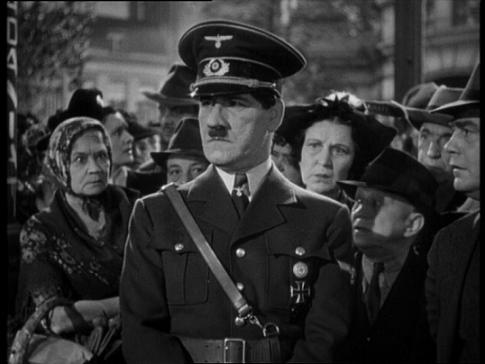The first thing coming into your mind is 'Fucking Åmål' revisited or 'Fucking Åmål 2' when looking at the content of this film.
Well, it's not this time about a sexual relationship between two young women or girls but the story about a sexually frustrated young woman - Alma (Helene Bergsholm) - being a sex telephone addict, masturbating on the kitchen floor while a man in the other end of the phone tries to make her sexually aroused.
At one occasion (in the beginning of the film) her mother enters the kitchen just after Alma has tried to reach an orgasm, seeing that there is something bothering her daughter. Of course she doesn't understand a thing, she's blonde.
We are in Norway, this very otherwise(?) country where people are emotionally frustrated because they are not able to show their feelings in a proper way, relevant to different situations (Anders Behring Breivik is a good and representative example), just like the Swedes, Finns and Danes.
Skoddeheim is a small village or town where Alma lives with her mother, friends and hormones.
Her mother is as frustrated as Alma, seemingly not enjoying her parenthood and how many parents do?
Alma is in love with Artur (Matias Myren) and dreams about him everyday.
At a party they step outside and Artur, being sexually aroused takes out his penis and lets Alma touch it. Alma is not the most diplomatic person in the world, so of course she tells her friends inside what Artur did, leading to that both of them are being ostracized, Alma more than Artur.
The latter following a pattern, implying that women are less credible than men or that if a thing like this happens, it's the woman who is the instigator to the whole thing. This in turn following the stigmatizing of women ever since Eva gave an apple (not the computer) to Adam and before that!
Her female friends also find her a bit 'strange' and at the same time they are as frustrated as her, not least by living in this - what they perceive as - 'jerkwater town'. This is, among other things, illustrated with them always 'greeting' the road sign displaying Skoddeheim, with a finger!
They all have great plans implying moving from this village to another, bigger town or abroad but most of their plans are fantasies as they have no money, no education, no nothing to start over somewhere else.
The story continues with their search for love, company, sex, alcohol (of course!), as they would never be able to approach the other sex without that help!
There are some scenes, again remindigin us of, that the Scandinavian peoples are not like other people in the world, or at least that's the way they are depicted, being 'unusual', not often in a positive sense of the word.
We realize that in the end, they will stay one and be content with the life they have. To much change, being forced to live the 'secure' subsistence, would become to perturbing for these youngsters.
Much ado about nothing, as Shakespeare said.











